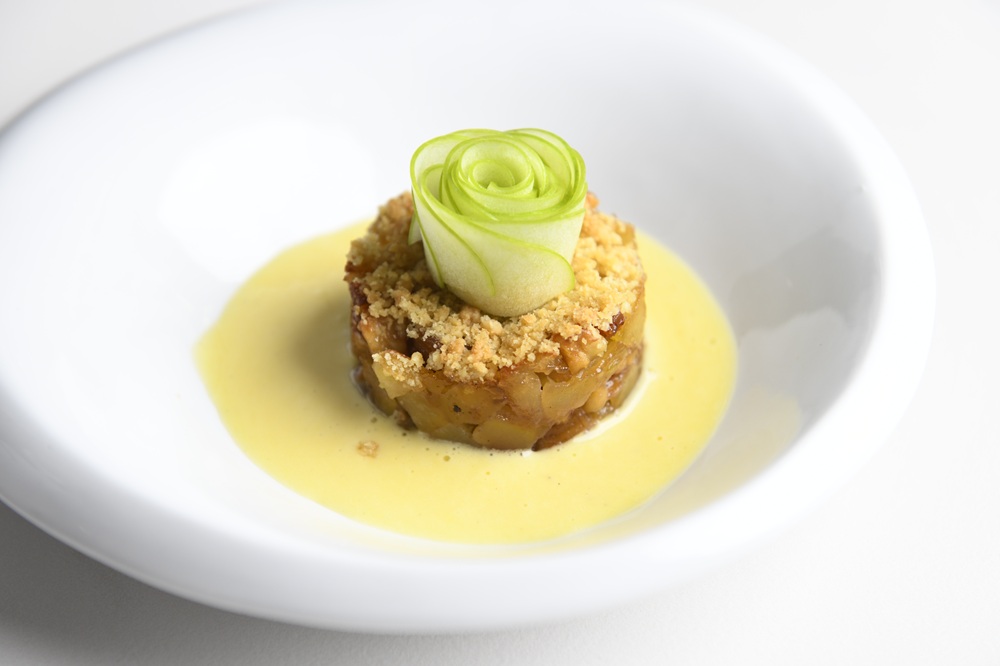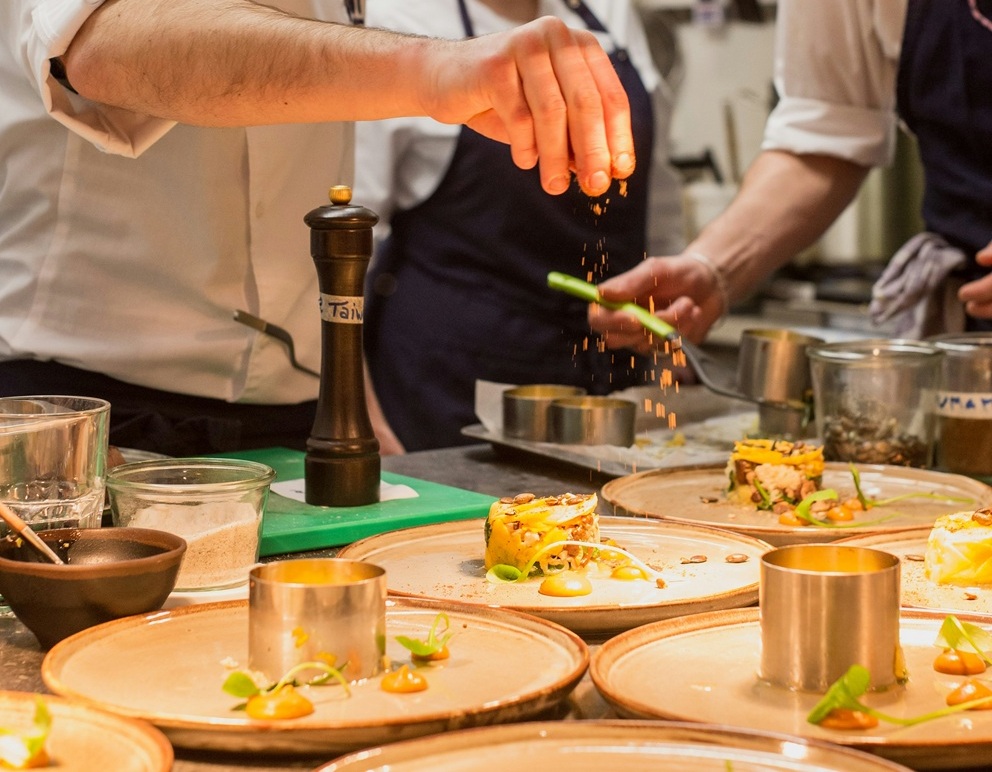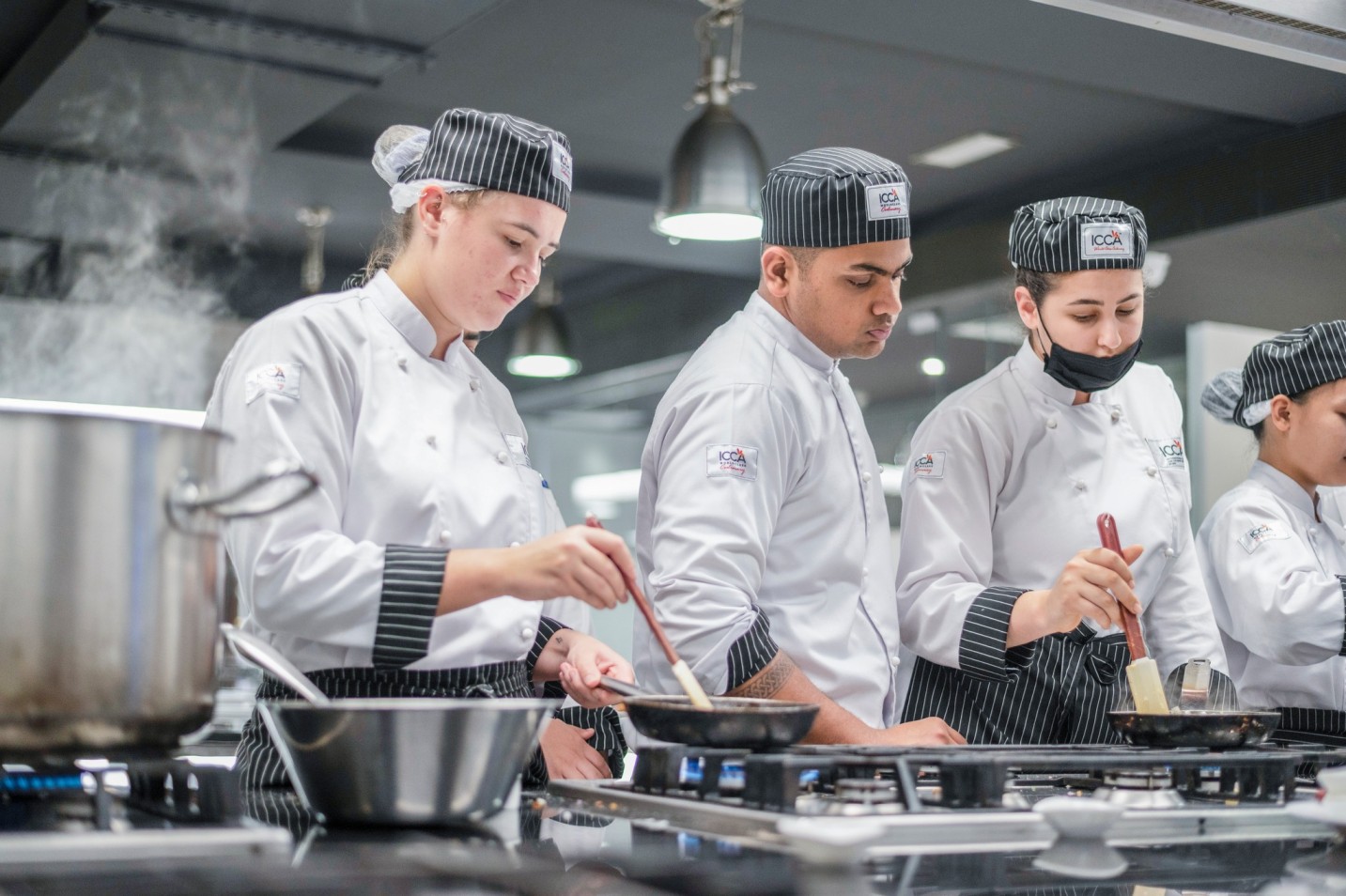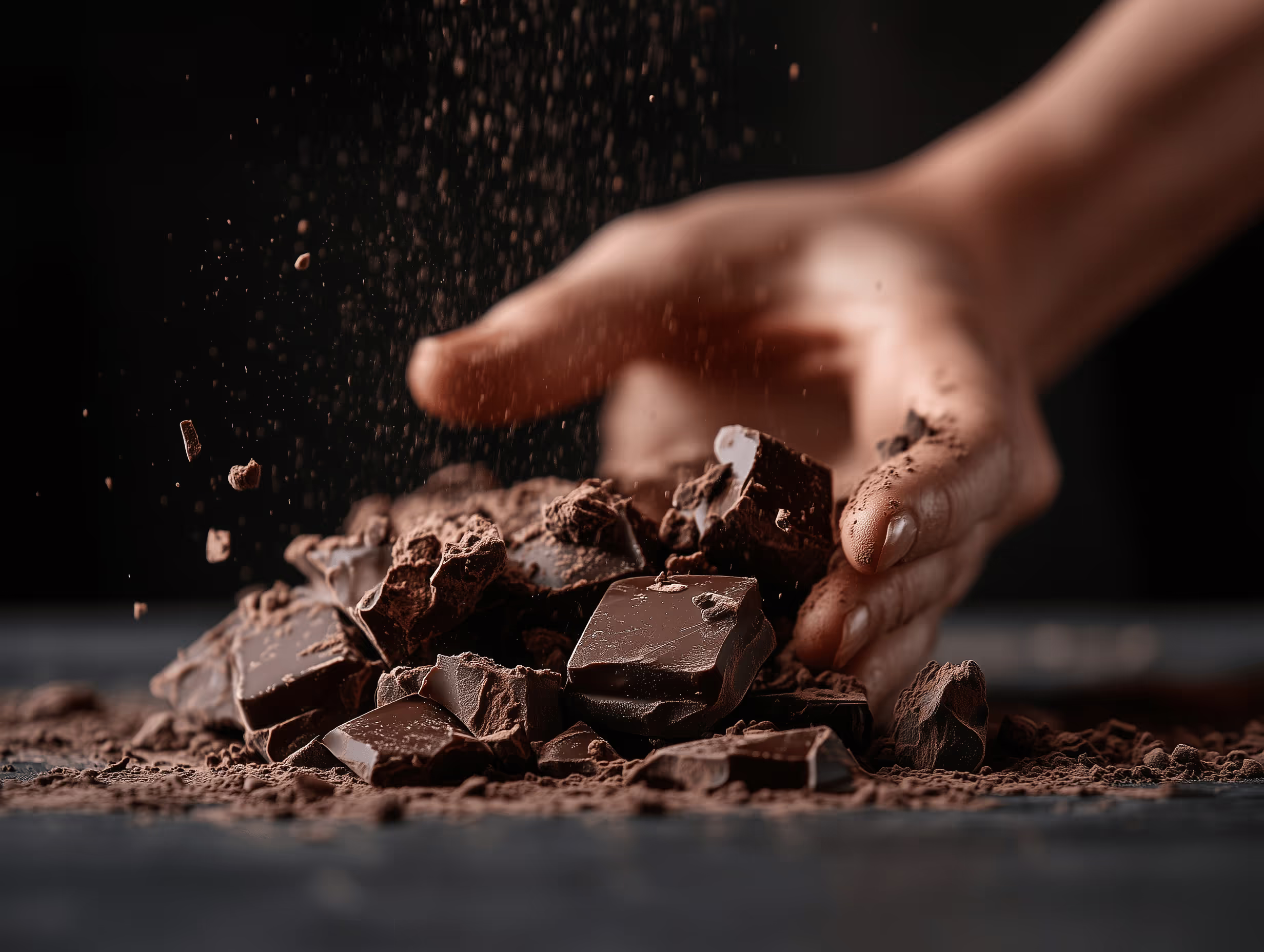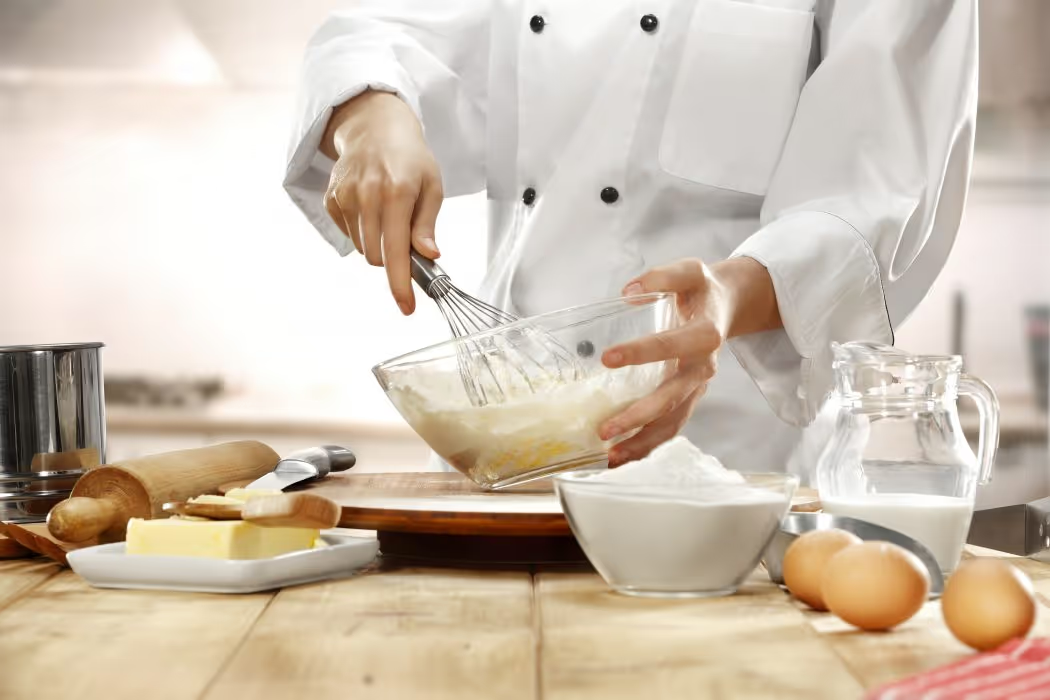Baking might look like a delicious kind of magic—throw in a few ingredients, pop it into the oven, and suddenly you’ve got something sweet and picture-perfect. But for many beginner bakers, the reality is less enchanting: flat cakes, dry cookies, or bread that never rises quite right. Whether you’re puzzled by uneven cupcakes or wondering why your banana bread turns out more brick than bliss, this guide will walk you through the most frequent baking fails—and, more importantly, how to fix them like a seasoned pro. With the right tips and a bit of practice, you’ll be well on your way to baking success.
1. Using Cold Ingredients (When You Shouldn’t)
One of the most overlooked baking tips for beginners is using ingredients at the right temperature. Butter, eggs, and milk are often recommended to be at room temperature—but why does this matter? Room temperature ingredients mix more evenly, creating the right texture and rise in your batter. Cold butter doesn’t cream properly with sugar, and cold eggs can cause batter to curdle or not combine well. This often leads to dense, uneven bakes.
Quick Hacks:
If you forgot to set ingredients out in advance, don’t panic. You can soften butter quickly by cutting it into small cubes and letting it sit at room temperature for 10–15 minutes or microwaving it in 5-second bursts on low power (be careful not to melt it). To warm eggs, place them in a bowl of warm water for about 10 minutes.
2. Overmixing the Batter
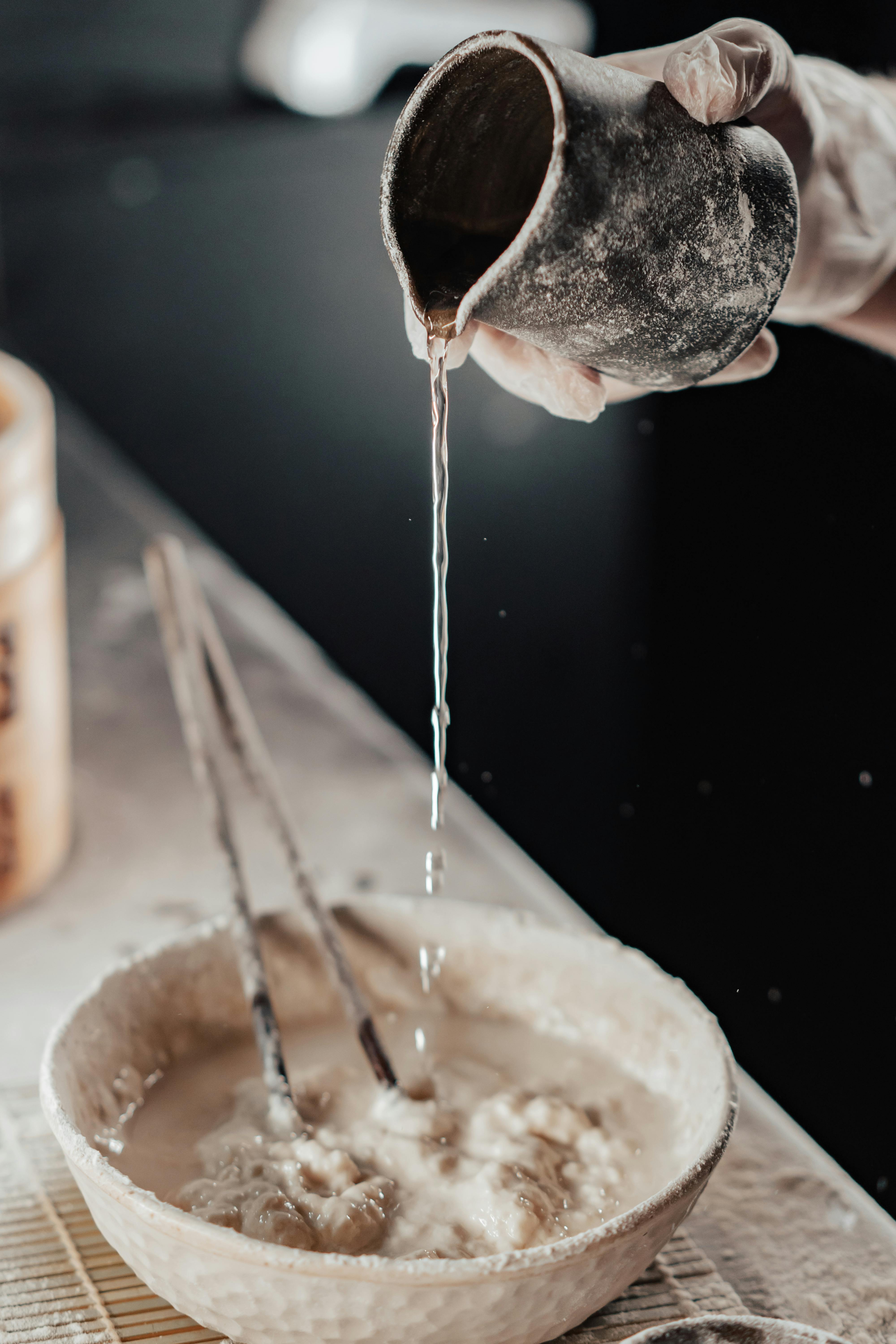
Want fluffy cakes? Mixing technique matters a lot. Overmixing is a common cake baking mistake beginners make, which often leads to dense, chewy, or tough baked goods.
When you mix too long, you develop gluten in the flour, which makes the texture less tender. The key is to mix ingredients just until combined, especially once flour is added. A few streaks of flour are okay; they will blend in as you fold gently.
3. Not Preheating the Oven Properly
Skipping or rushing the preheating step is a surprisingly common cause of baking failures. Oven temperature baking tips always stress the importance of preheating to ensure even cooking and proper rise. If you put your batter into an oven that hasn’t reached the right temperature, your cakes or bread can bake unevenly, sink in the middle, or end up dry on the outside and raw inside.
Pro Tip: Use an oven thermometer to check your oven’s real temperature. Many ovens can be off by 25 degrees or more, affecting your results.
4. Incorrect Measuring Techniques
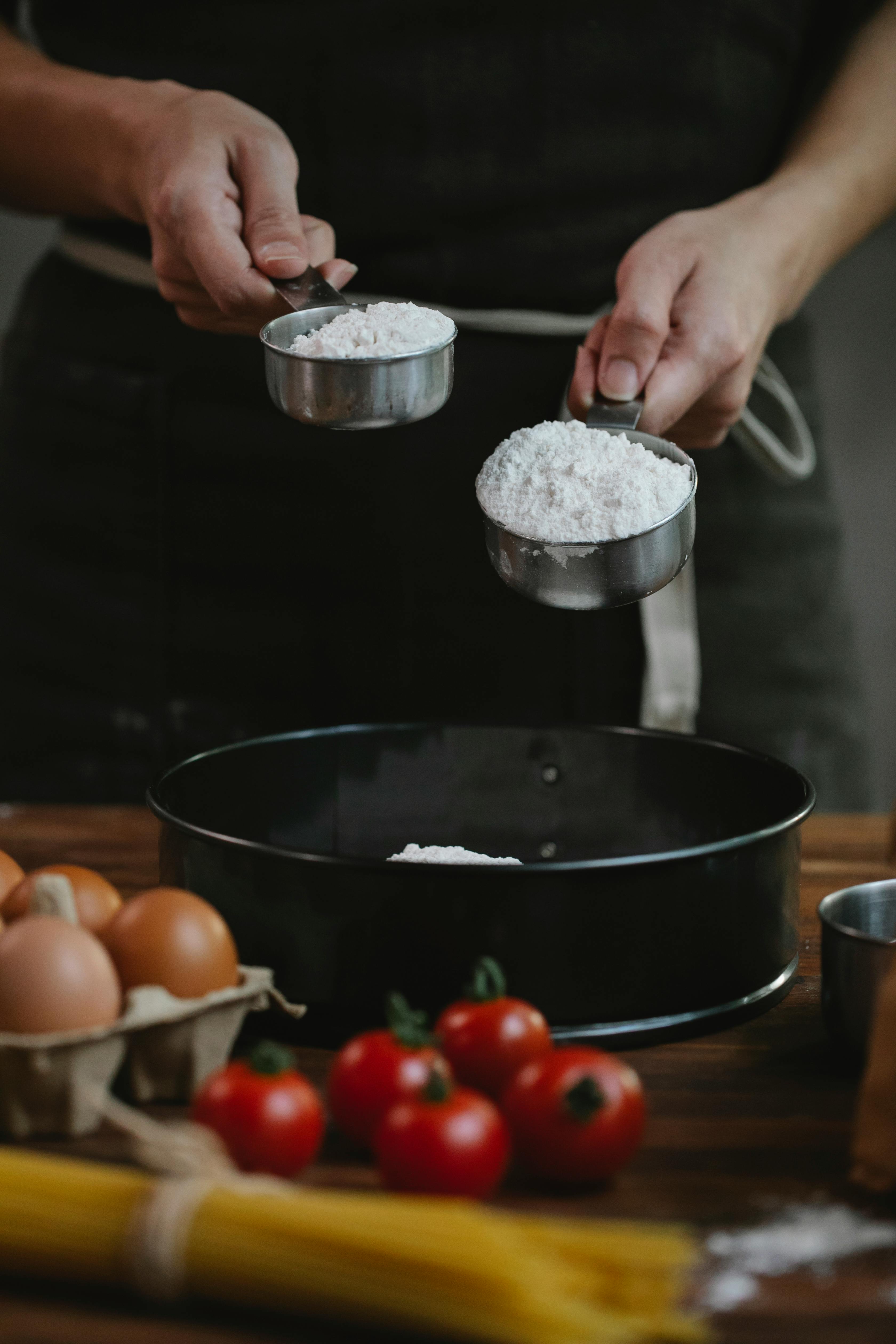
Accurate measuring ingredients correctly for baking is critical. One of the biggest mistakes is scooping flour directly from the bag with your measuring cup. This packs the flour and adds more than the recipe calls for, leading to dry and dense bakes. Use the spoon-and-level method instead: spoon the flour into your measuring cup, then level it off with a straight edge like a knife. This ensures you get the right amount every time.
5. Using Expired Leavening Agents
Leavening agents like baking soda and baking powder are what make your cakes and breads rise. Using expired or old baking powder or soda is a common reason why cakes don’t rise properly. To test baking powder, add a teaspoon to hot water, if it bubbles vigorously, it’s still good. For baking soda, mix a teaspoon with vinegar; if it fizzes, it’s active.
6. Opening the Oven Door Too Often
It’s tempting to peek inside your oven, especially when you’re nervous about a new recipe. But opening the oven door too often releases heat, causing your cakes to sink in the middle or bake unevenly. Avoid this by waiting until at least 75% of the baking time has passed before checking your baked goods. Use the oven light and window to monitor progress instead.
7. Ignoring the Importance of Cooling Time
Removing baked goods from pans too early or too late can cause breakage or sogginess. Many beginners don’t realize how important proper cooling is.Use a wire cooling rack to let air circulate around your cakes, cookies, or bread, which prevents soggy bottoms and ensures even cooling. Let your bake cool completely before slicing or storing to preserve texture.
Pro-Level Baking Hacks That Make a Big Difference
- Soften butter in minutes without melting: Cut butter into small cubes and let it sit at room temperature, or microwave carefully in short bursts.
- Get even cake layers using a digital scale: Weigh your batter before dividing it into pans for perfectly even cakes.
- Line pans quickly with parchment paper: Use parchment paper circles or sheets cut to size for easy removal and clean edges.
Make Your Passion into Profession:
If you're passionate about baking and ready to turn that passion into real skill, the ICCA Certificate in Culinary Techniques (Baking & Patisserie) is your next big step. Designed for serious enthusiasts and aspiring professionals, this hands-on course gives you the technical foundation, confidence, and creativity to master the art of baking and pastry. Train in our worldclass kitchen, learn directly from industry-experienced pastry chefs, and perfect everything from delicate soufflés to artisan chocolates. Whether you're dreaming of a career in baking or simply want to bake at a professional standard, this program is where it all begins.
With a little patience and the right tips, you’ll soon be baking with confidence and impressing family and friends with every batch.



